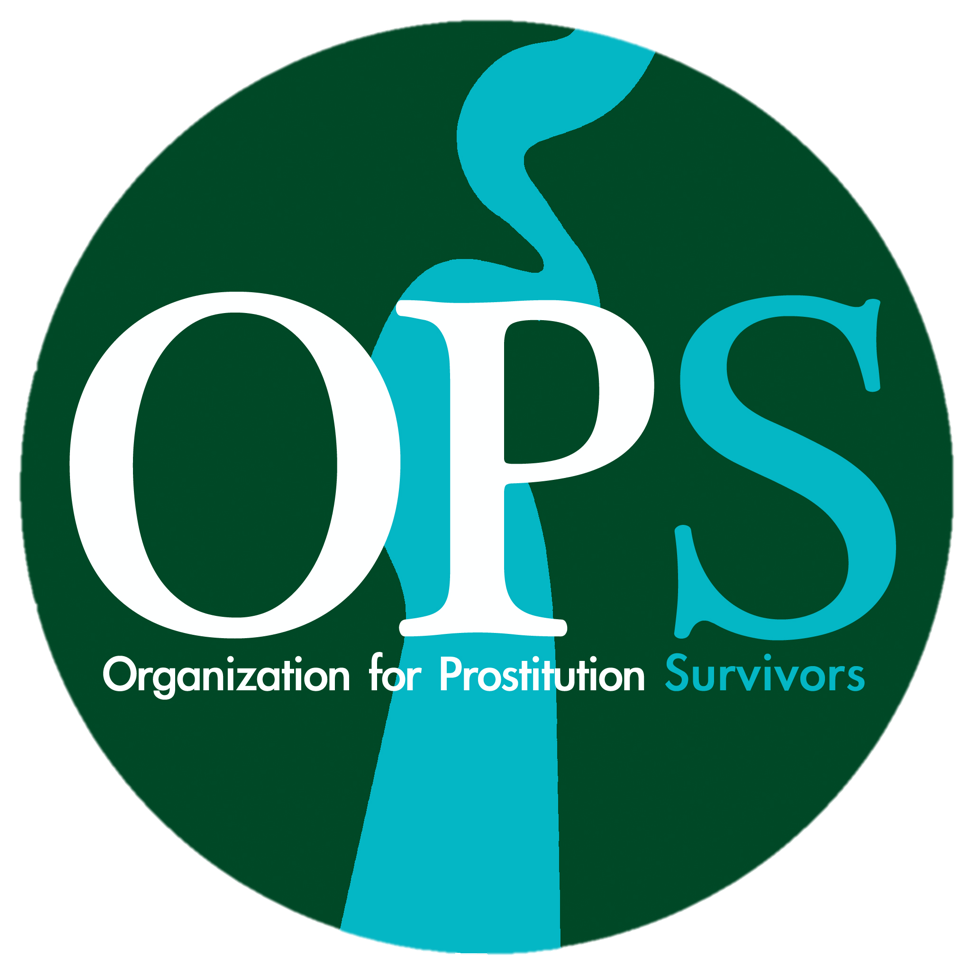Listening to Your Body: Nurturing Wellness after Surviving CSE
Our bodies have a remarkable way of communicating with us, providing valuable information about our overall health. Each day, the symptoms we experience act as signals, offering insights into our emotional and physical well-being. However, as survivors of commercial sexual exploitation (CSE) and sexual assault (SA), many of us are familiar with the disconnection from our bodies and the signals they send.
In this blog post, we want to explore the importance of reconnecting with our bodies and actively listening to the cues they provide. By acknowledging and responding to these signals, we can empower ourselves to better understand our emotional and physical needs, facilitating the healing journey and promoting overall wellness.
The Power of Pain as a Warning Light
Pain serves as a potent warning light from our bodies, conveying a range of messages. It may indicate a strained muscle, a need for immediate medical attention, or even an emotional response resulting from trauma. However, when we have shut off our emotions due to pain or trauma, we can lose touch with our ability to recognize what we need both emotionally and physically.
Emotional and Physical Signals: Cues to Act
Rebuilding that connection with our bodies starts with focusing on the signals they send us and developing an awareness of their cues. These signals can manifest in various ways and encompass both emotional and physical indicators.
For instance:
Emotional: "I am feeling worried and a little agitated."
Physical: "My heart is beating fast, and my shoulders feel tense."
By recognizing the correlations between these signals, we gain insight into the experiences we are going through. In the example mentioned above, the signals may indicate some level of anxiety.
Taking Action: Empowering Self-Care
Effectively managing our symptoms is pivotal to fostering a sense of well-being. Consequently, the next step is to initiate open conversations with the staff here at OPS. Together, we can create personalized plans outlining actionable steps to take when we notice these signals. By addressing them early on, we can prevent symptoms from accumulating and becoming overwhelming.
Here are some examples of empowering self-care techniques to consider:
1. Managing Worries: In times of worry, try writing down any negative thoughts you may be experiencing and then reframe them into more positive thoughts. This exercise can help shift your perspective and promote a sense of emotional balance.
2. Physical Movement: If you notice tension in your muscles, reaching out to a friend for a walk can do wonders. Engaging in physical activities not only increases blood circulation and oxygen flow but also provides an opportunity for meaningful connection and quality time with loved ones.
3. Engaging in Exercise: Incorporating regular physical activity into your routine can play a crucial role in preventing symptoms from escalating. Whether it's taking brisk walks a few times a week or participating in enjoyable physical activities, find what makes you feel good and prioritize it.
4. Creating a Support Network: Collaborate with your treatment team to develop a step-by-step plan for seeking support when symptoms arise. Involving friends or family members who can be relied upon and compiling a list of relevant contact numbers can provide added reassurance during challenging times.
5. Keeping a Journal: Maintaining a daily journal can be a valuable tool for self-reflection. Document how you're feeling, your eating habits, and the quality of your sleep. This practice can help you stay attuned to your body's needs.
6. Self-Advocacy: Remember to advocate for yourself by prioritizing both your mental and physical health.
Honoring Your Body and Nurturing Wellness
Even though tuning in to our bodies can sometimes feel challenging, cultivating this habit is invaluable on our healing journeys. Listening to our bodies means mindfully acknowledging our regular state of being and being attuned to when things feel different. It is important to note that this practice does not necessarily translate into seeking medical attention for every minor discomfort unless directed to do so by your healthcare provider.
At OPS, we understand the significance of reclaiming agency over your body and personal well-being. If you are looking for additional support on this transformative journey, we invite you to join our Movement & Mindfulness Class, held every Tuesday from 1pm-2pm. This safe and inclusive space offers opportunities for connection, growth, and empowerment.
Remember, your body is resilient, and you have the power to nurture your wellness. By actively listening to your body, recognizing its signals, and taking proactive steps towards self-care, you are not only honoring your experiences but also building a foundation for healing and long-term well-being.


